 Alright, commonly we hear the term real estate and just assume it is just that. Property, house, something associated with improvements on land or just bare land. This is correct, any buildings that are permanently attached to the property (note that a shed on skids would be considered personal property) are referred to as improvements. Real estate normally includes resources or minerals that are under the land or water rights, unless they are specifically excluded, usually at the time of transfer. The same goes for the air rights, or the space above the surface of the Earth. This can also be limited to a certain distance as we start to think about airplanes and their right to travel over your property. Even though you may own the space, it can also be limited by County height limitations, and this can be further convoluted when high-rise buildings or condos come into play. In these instances the homeowner’s association may own the building footprint, while you own the inside of the condo.
Alright, commonly we hear the term real estate and just assume it is just that. Property, house, something associated with improvements on land or just bare land. This is correct, any buildings that are permanently attached to the property (note that a shed on skids would be considered personal property) are referred to as improvements. Real estate normally includes resources or minerals that are under the land or water rights, unless they are specifically excluded, usually at the time of transfer. The same goes for the air rights, or the space above the surface of the Earth. This can also be limited to a certain distance as we start to think about airplanes and their right to travel over your property. Even though you may own the space, it can also be limited by County height limitations, and this can be further convoluted when high-rise buildings or condos come into play. In these instances the homeowner’s association may own the building footprint, while you own the inside of the condo.
Building a Home? New Construction Tips, Q & A
 In anticipation of new construction in the coming year, I thought I would run through a couple of frequently asked questions and provide a bit of advice for new home shoppers.
In anticipation of new construction in the coming year, I thought I would run through a couple of frequently asked questions and provide a bit of advice for new home shoppers.Settlement statement breakdown, what is a flood certification?
If you have ever obtained a loan on a property, and reviewed your settlement statement break down prior to closing, you’ve probably noticed a breakdown of fees associated with your loan. We don’t normally see some these things when it comes to cash transactions. One of those fees required by most lenders is the flood certification fee. It can sometimes be overlooked, typically the cost is less than $100. So what is it?
Deal of the Week
“The Spud” Drive-In Driggs, Idaho
When it comes to commercial sales, it’s all about the investment opportunity. However, some are just out looking for a “job” in one of the best places to live in America. Built -n 1953, it’s one of the oldest attractions in Teton Valley, still operating today. Besides, working the summer evenings in Teton Valley & snow-birding South for the winter doesn’t sound too bad.
Why it’s a good deal:
I’m not claiming good deal on this as I haven’t ran the numbers, but it’s still a lot of fun.
How much?
Just reduced, $675,000.
How quick will it sell?
I’m not sure on this one. It’s going to take the right business operator for reasons above, or someone that can capitalize on Winter revenue.
MLS info below. Log in to save this property.
